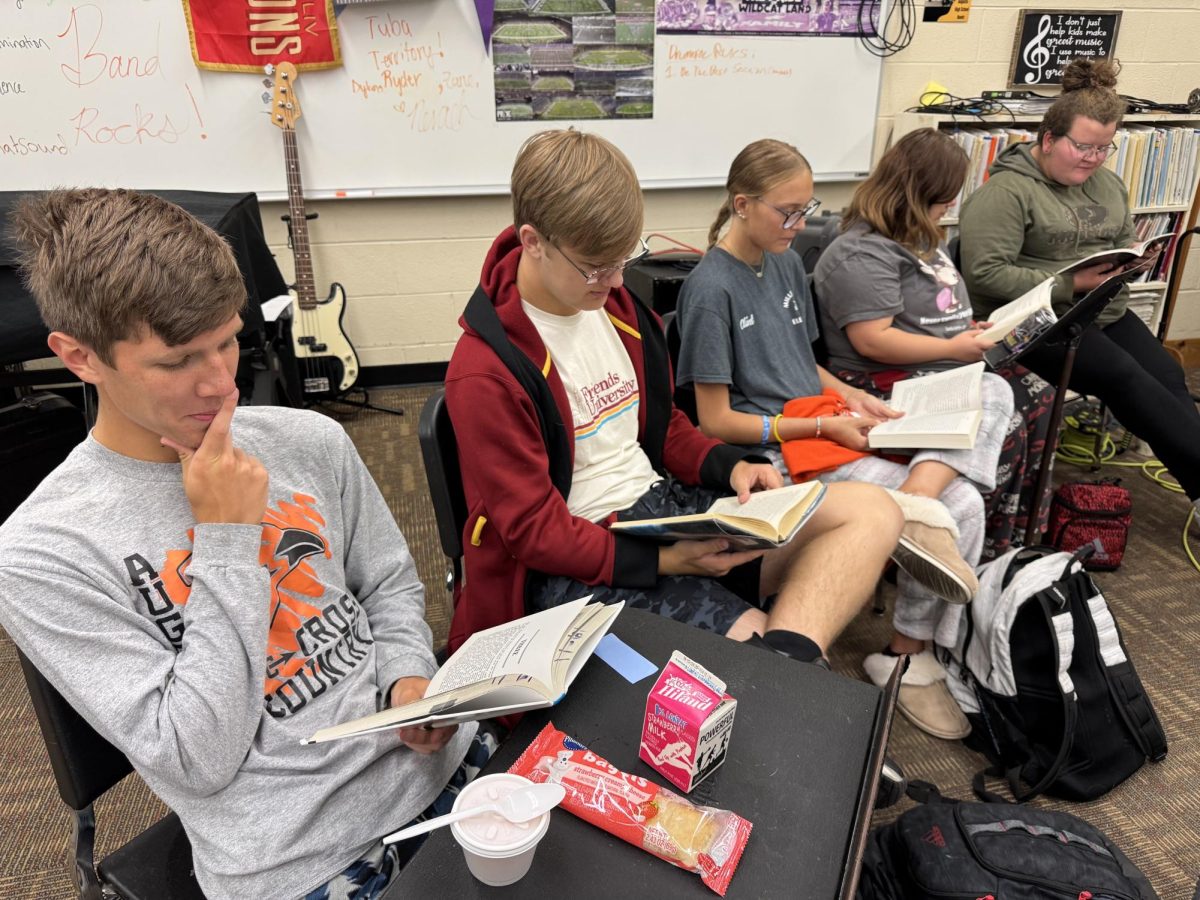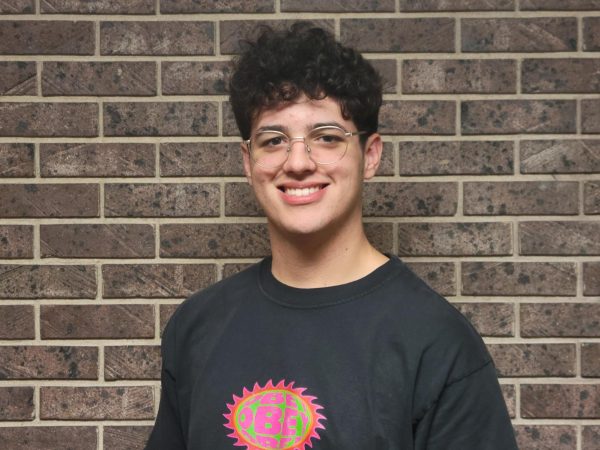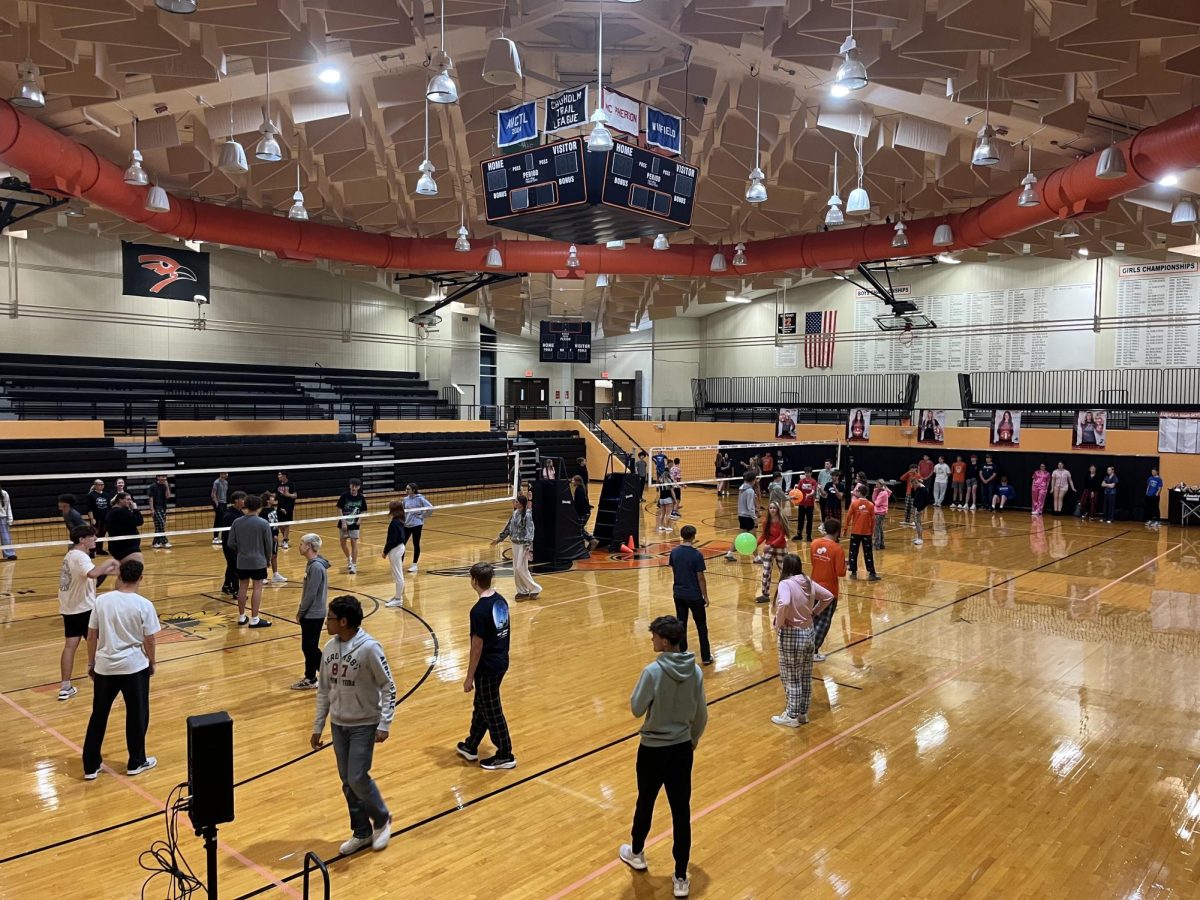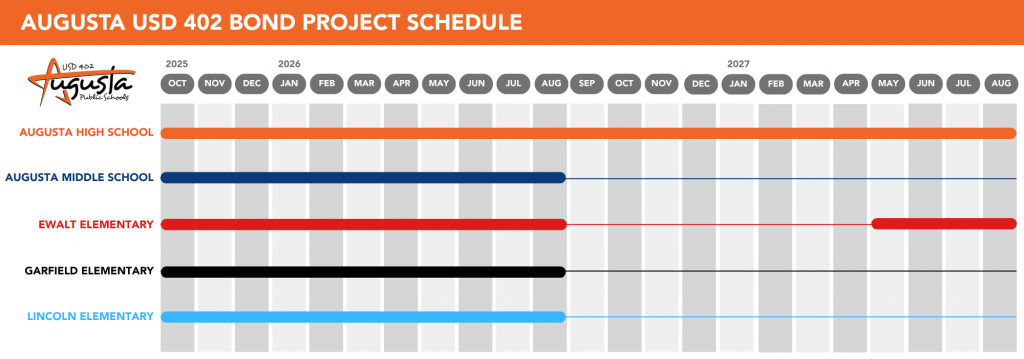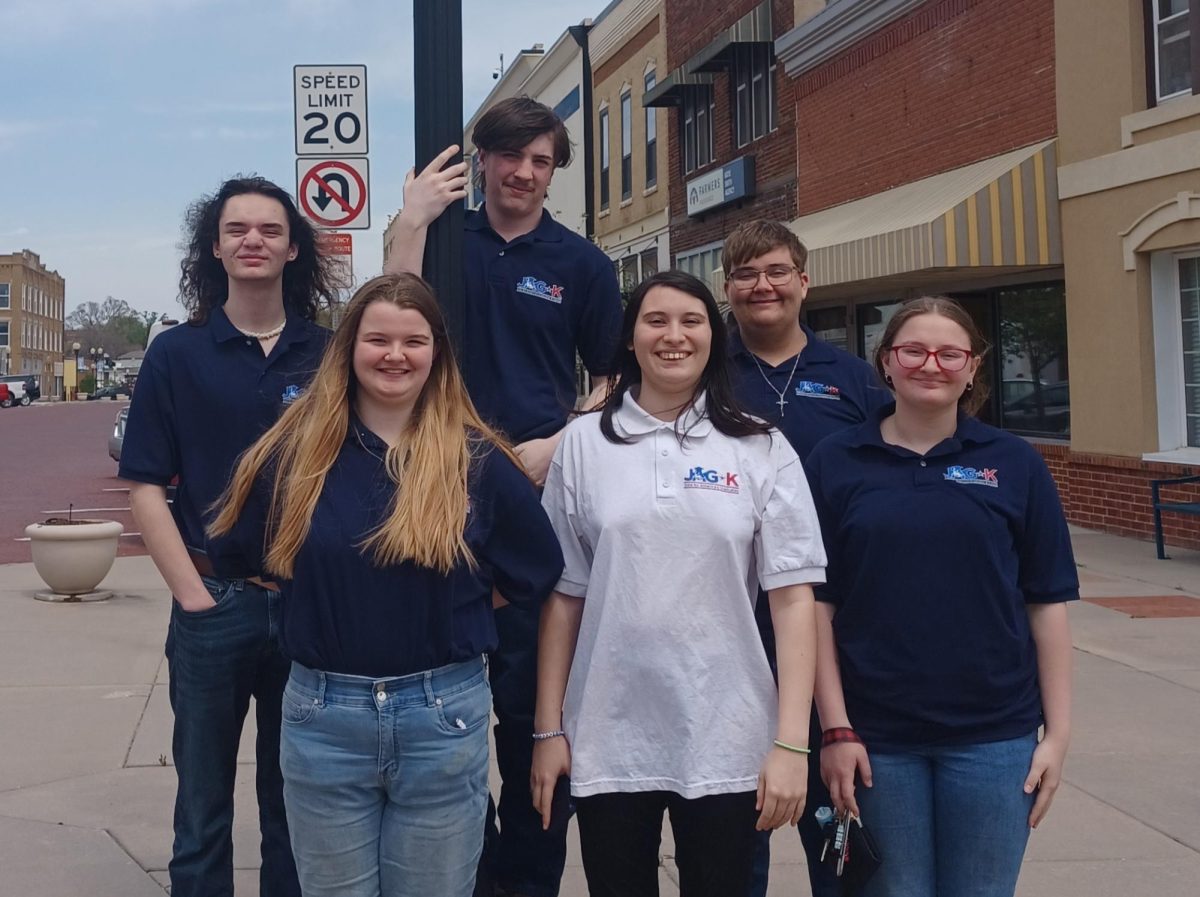Principal Rick Rivera, along with other faculty, have decided to implement a new 20-minute long silent reading and literacy time help for students before ACE, they decided to name this new time What I Need Now (WINN).
“The state requires us to do interventions for students in reading,” Rivera said. “That allows us to build [WINN time] into our schedule, meet the state requirements for having MTSS, and, it gives the opportunity for our students to disengage from technology and get back into reading.”
The school splits students into three tiers based on their reading skills. Tier one is students who need little reading support. Tier two is students who need basic support, and tier three is students who need more support in reading.
“Students who don’t struggle in that area, they do some silent reading time, and read anything that they want. It’s also built in time where we could provide support for our tier two and tier three students that targets support that they need.” Rivera said.
The student body had mixed feelings about the addition of this time into the school day.
“I don’t think it benefits me; I am not the fastest reader, so I get maybe one or two pages for the whole 15 minutes,” sophomore Parker Funk said. “I think it would benefit me more if I could have that time to work on homework.”
On the other hand, some students enjoy silent reading time.
“I personally do find a little bit of joy in reading, so it’s nice to take that break from school and read every day,” senior Hunter Murphy said.
Even though WINN time is not for her, Funk still respects that it might be worth it for some students.
“I think it could help,” Funk said. “I also think it might help a little bit better if someone was there to help them in a way.”
Rivera expects WINN time to be beneficial for students in their lives after high school.
“For me, it’s watching the number of kids that are walking around with a book in their hand, and it’s a book that we’re not forcing them to read; it’s reading for pleasure,” Rivera said. “I don’t think students realize that it’s going to help them in the future.”



